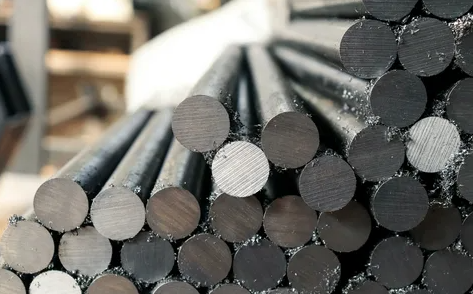According to the proposal, the average fee for the energy system will decrease from 6.65 kt/kWh to 2.86 kt/kWh. The government hopes that this temporary subsidy will ease some of the energy costs that are putting pressure on energy-intensive industries, including the steel industry.
The steel industry welcomes this move, but warns of a short-term fix
The German Steel Federation (WV Stahl) described the planned reduction as "urgently needed and long overdue relief." Managing Director Kerstin Maria Rieppel stressed that the sharp rise in fees for the energy system over the past two years has seriously undermined the international competitiveness of the industry at a time when factories are struggling with high energy costs, global overcapacity and weak domestic demand.
Since 2023, German steel producers have faced a 130 percent increase in transportation fees, resulting in additional costs of about €300 million per year. These network charges are compounded by wholesale electricity prices, which remain well above levels in other major steel-producing countries such as France or the United States.
WV Stahl argues that while the 2026 subsidy is a necessary step, limiting measures of one year do not allow





